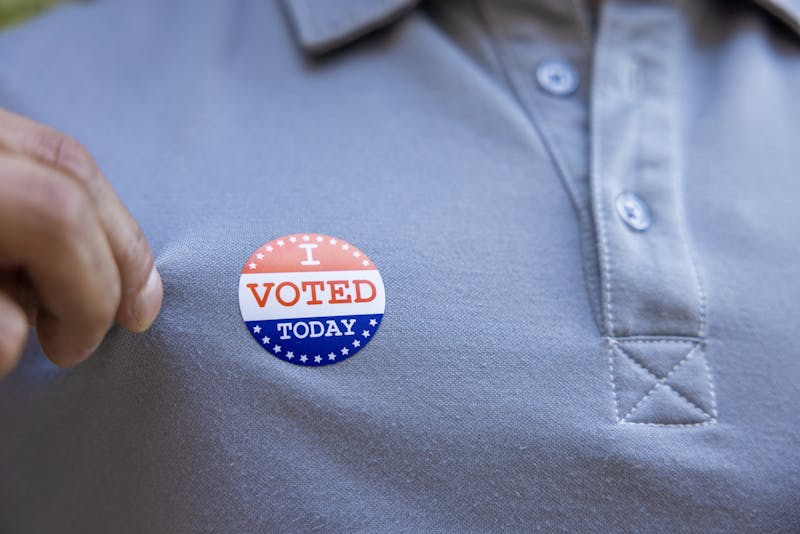
Election Day is a pivotal moment in our democracy—a day when citizens exercise their fundamental right to shape the future of their community, state, or nation. But what happens if someone arrives at the polling station after a few drinks or under the influence of other substances? Is it illegal to vote while intoxicated? While it's not technically illegal in most jurisdictions, voting under the influence is generally frowned upon due to ethical considerations and the potential impairment of judgment.
At Carlson, Meissner, & Hayslett, we are committed to empowering our community with knowledge about their legal rights and responsibilities. In this blog, we'll explore the legal landscape and why sober participation is encouraged at the polls.
Federal Laws
At the federal level, there are no laws specifically prohibiting individuals from voting while under the influence of alcohol or drugs. The U.S. Constitution and federal laws primarily focus on ensuring that all eligible citizens can vote without discrimination rather than regulating the conditions under which they cast their votes, such as sobriety.
State Laws
Most states do not have explicit laws that make it illegal to vote while intoxicated. The right to vote is fundamental, and states are generally cautious about imposing restrictions that could disenfranchise voters.
However, state and local laws concerning public intoxication and disorderly conduct can come into play:
- Public Intoxication Laws: If a polling place is considered a public space, individuals who are visibly intoxicated could potentially violate public intoxication statutes. This could lead to being asked to leave the premises or even facing legal consequences.
- Disruptive Behavior: Should an intoxicated individual cause a disturbance at the polling place, they may be charged with disorderly conduct or interfering with the election process, both of which carry legal penalties.
- Polling Place Regulations: Election officials have the authority to maintain order at polling stations. They can take action if an individual's behavior, intoxicated or not, interferes with the voting process.
- Removal from Premises: Poll workers can request that disruptive individuals leave the polling place to ensure a smooth voting experience for others.
- Law Enforcement Intervention: In cases of severe disruption, law enforcement may be called to handle the situation.
Ethical and Practical Considerations
Voting is a civic duty that requires clear thinking and sound judgment. Being under the influence can impair cognitive functions, potentially leading to decisions that the voter might not make while sober.
Additionally, an intoxicated person may unintentionally influence or intimidate other voters through inappropriate comments or behavior, which can undermine the integrity of the electoral process.
Finally, participating in elections while sober demonstrates respect for the significance of voting and fellow citizens exercising their rights.
Your Vote, Your Voice: Carlson, Meissner, & Hayslett on Voting Responsibly
At Carlson, Meissner, & Hayslett, we believe that your participation in the democratic process is invaluable. By choosing to vote sober, you honor not only your own voice but also the collective integrity of the electoral system. As dedicated members of the Tampa Bay community for over 50 years, we're committed to making Election Day a positive and impactful experience for everyone.
Help spread the word about the importance of responsible voting. Share this blog with friends and family, and encourage others to approach the polls with the seriousness and respect the democratic process deserves. If you have questions about voting laws in your area or need legal guidance, Carlson, Meissner, & Hayslett is here to help. Contact us or your local election office today for the latest and most accurate information.

